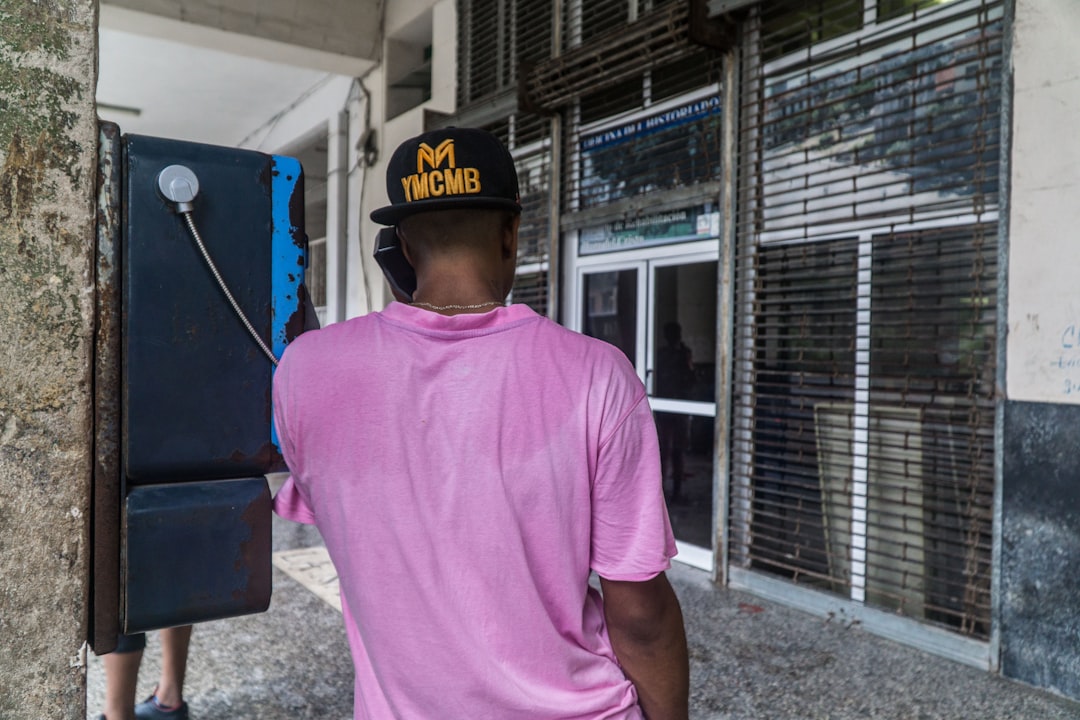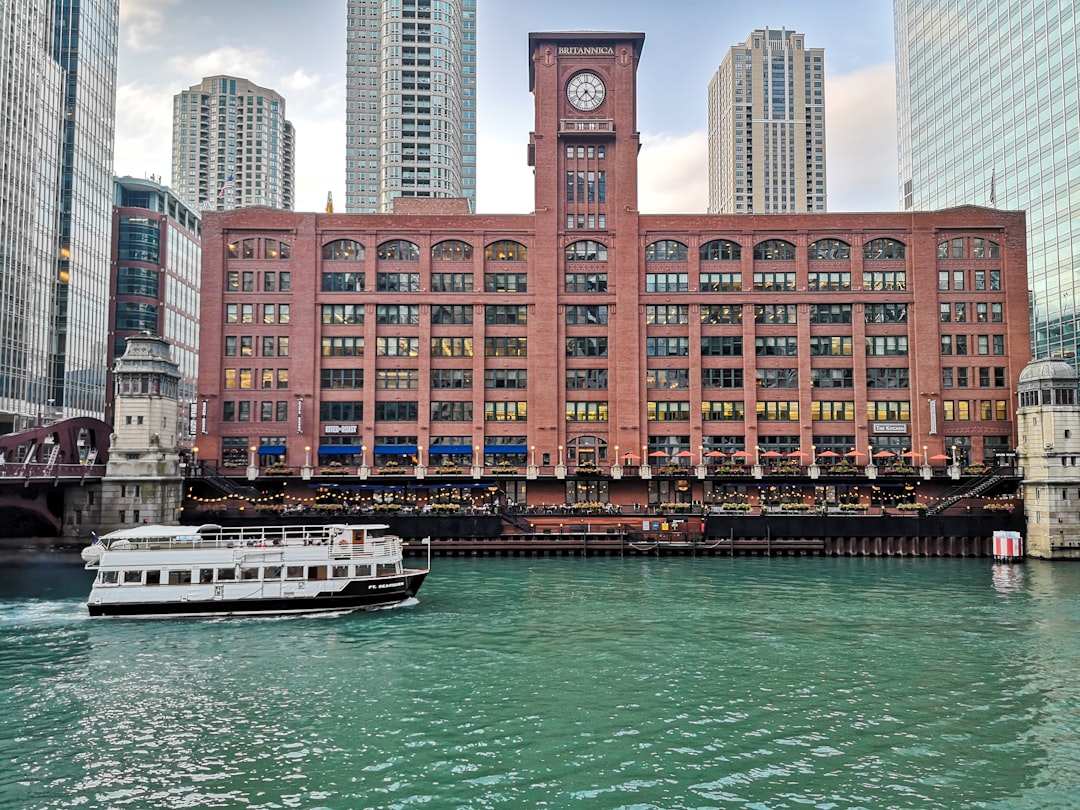In densely populated Illinois, robocalls have become a pervasive issue, ranging from promotional messages to fraudulent activities. To combat this, the state has enacted strict robocall laws, such as the Robocall Abuse Protection Act (RAPA) of 2016, which regulate the timing and methods of automated calls. These regulations include explicit consent for marketing calls, a National Do Not Call Registry, clear caller ID disclosure, and legal recourse against harassing robocalls. Illinois residents can further protect themselves using call-blocking technologies, apps, and local number pooling. Advanced blocking solutions leveraging machine learning and caller ID filtering offer enhanced protection by identifying and adapting to new robocall strategies, ensuring compliance with robocall laws in Illinois.
Understanding Robocalls and Their Impact in Illinois

Robocalls have become a ubiquitous and often unwanted aspect of modern communication, especially in densely populated areas like Illinois. With advancements in technology, automated phone systems can now dial thousands of numbers simultaneously, leading to a surge in unsolicited calls across the state. These robocalls, governed by specific robocall laws in Illinois, can range from promotional messages to political campaigns and even fraudulent activities. The impact is significant; residents often find their personal time intruded upon, causing frustration and disrupting daily life.
Illinois has implemented various measures to combat this issue, including strict regulations on when and how robocalls can be made. These rules aim to protect consumers from excessive or deceptive calls, ensuring a more peaceful and controlled communication environment. Understanding these robocall laws is crucial for both businesses seeking legal ways to connect with customers and individuals looking to minimize intrusive calls.
Illinois' Legal Landscape: Robocall Regulations

Illinois has established robust regulations regarding robocalls, reflecting a strong commitment to protect its residents from unwanted and fraudulent calls. The state’s laws are designed to ensure transparency and give consumers control over their communication preferences. In 2016, Illinois enacted the Robocall Abuse Protection Act (RAPA), which imposes strict restrictions on automated telemarketing calls. This legislation allows residents to register their phone numbers with the National Do Not Call Registry and provides legal avenues for individuals who experience repeated or harassing robocalls.
Under RAPA, businesses engaging in robocalling activities must obtain explicit consent from recipients before making automated calls. This means that marketing calls without prior permission are illegal. Additionally, Illinois requires clear and conspicuous disclosure of the caller’s identity and purpose, enabling consumers to recognize and opt-out of unwanted calls more effectively. These measures position Illinois as a leader in combating robocalls and ensuring a safer communication environment for its citizens.
Identifying and Blocking Robocalls Effectively

Identifying and blocking robocalls effectively is a significant step in protecting consumers in Illinois, where strict robocall laws are in place to safeguard residents’ privacy. With many unwanted calls coming from out-of-state or international numbers, it’s crucial to have robust systems in place. Advanced call routing technologies can be employed to detect and block these automated messages at the network level. These solutions analyze caller IDs and patterns to identify potential robocalls, ensuring that they never reach a recipient’s phone.
Illinois residents can also take proactive measures by registering their numbers on the National Do Not Call Registry. This federal list helps filter out many legitimate but unwanted calls. Additionally, using call-blocking apps or incorporating this feature in home security systems offers another layer of defense against robocalls, allowing users to customize blocking rules based on area codes and specific types of callers.
Area Code-Specific Strategies for Illinois Residents

Illinois residents, like many across the country, face a persistent issue with robocalls, which are often exempt from certain phone spam laws due to their automated nature. To combat this, adopting area code-specific strategies can significantly enhance protection. In Illinois, where area codes 312, 630, and 847 are prevalent, blocking these specific codes through robust call screening systems can be an effective first line of defense. These systems learn to identify and block calls from known robocall sources within the state.
Additionally, utilizing local number pooling, a service that shares a single, legitimate phone number among multiple subscribers, can help mitigate spam calls. This strategy ensures that even if scammers acquire a valid local number, it will only be temporarily used before being rotated to another user, thus reducing the effectiveness of robocall campaigns targeting Illinois residents.
Advanced Solutions: Enhancing Protection Beyond Basic Blocking

In addition to standard blocking methods, advanced solutions offer enhanced protection against robocalls in Illinois by employing sophisticated technologies. These systems utilize machine learning algorithms to identify and filter out automated calls more effectively than traditional techniques. By analyzing patterns and characteristics of incoming calls, they can learn to block not just known spam numbers but also new, evolving robocall strategies.
One such advanced solution is the implementation of caller ID filtering, which goes beyond simply blocking unknown numbers. It scrutinizes caller IDs for discrepancies or inconsistencies, flagging potentially fraudulent calls. Furthermore, these systems integrate with existing communication infrastructure, allowing real-time blocking and reduced call delivery rates. With Illinois having specific robocall laws in place, adopting such advanced solutions not only provides residents with greater peace of mind but also ensures compliance with local regulations aimed at curbing intrusive automated calls.






